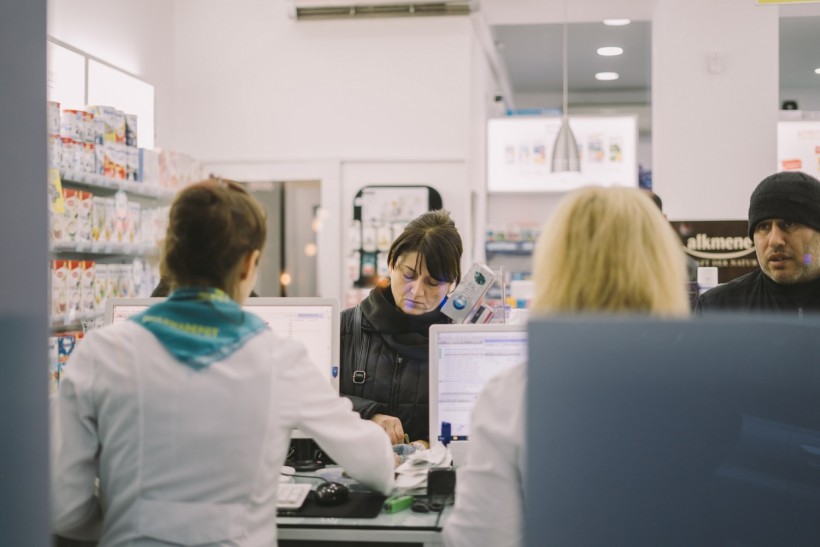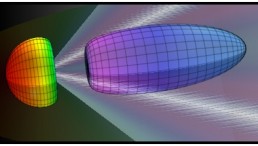Like all industries, the pharmaceutical sector is implementing automation to streamline and improve processes. As entrepreneur Vinod Ramchandra Jadhav shares, robotic dispensing of drugs is becoming more common in the United States.
Automation isn't just helping pharmaceutical companies be more efficient in factories, either.
Newer machines can deliver medication directly to patients in some cases, eliminating the need to interact directly with pharmacists.
But is this technology safe and effective? And, what is the long-term impact on patient medication and staff productivity?
Here are some of the pros and cons of an automated pharmacy.
Pros
There are definite advantages to an automated pharmacy. Here are some of the main ones.
Improved Efficiency
One of the most significant benefits of an automated pharmacy is the improved efficiency and speed of medication ordering and delivery.
Most pharmacies have already implemented an automated system for refilling medications. Patients can use an automated system to order refills for prescriptions over the phone or by logging into an online portal.
The true automated pharmacy takes this to a new level. Once patients arrive at the pharmacy, they simply scan a code or type their information into a machine. Rather than wait in what are sometimes long lines, they can get their medication dispensed directly to them.
Reduced Human Error
Reducing the chance for human error is one of the main benefits of automation in general. This is a huge concern in the pharmaceutical world, as human error can sometimes lead to dangerous situations.
If a pharmacist misreads a prescription -- or has trouble reading a doctor's handwriting -- they may fill the medication incorrectly. This might result in a patient taking the wrong medication, too much of a drug, or ingesting something they might be allergic to.
An automated pharmacy removes the possibility of this human error.
Safer Storage
Pharmacies are not sterile environments. They are often located in the back of convenience stores and grocery stores nowadays. This means the medication is exposed to the elements of the pharmacy's environment, which might not be the best for the medicine.
The automated dispensers are truly sterile, providing the best possible environment for every medication stored within.
Cons
Of course, there are some potential downsides to automated pharmacies.
No Human Interaction
While automated medication dispensers may reduce the need for extra staff -- or make the staff more productive -- they also reduce the interaction between patient and pharmacist.
While not every patient needs to interact with a pharmacist, those who do are often essential interactions. When patients cannot ask questions, they may not fully understand the instructions on how to take them. This might lead to lower adherence to medication instructions, which could be dangerous.
Equipment Malfunctions
Technology malfunctions at times. That's just the nature of hardware and software systems.
While this may be normal, it can cause a significant problem with medication dispensers. That's because this technology is still relatively new, and specially-trained individuals may be required to fix issues that occur.
There may not be backup medication available for patients while the machine is waiting to be fixed in some cases.
User Error/Lack of Trust
New technology can be scary to some people. If they cannot properly navigate the technology -- no matter how easy it is to use -- they could get frustrated and, ultimately, not get the medication they need.
In addition, some people may be concerned about the safety and security of using this technology. Even though these machines utilized advanced security systems to protect patient data, Vinod Ramchandra Jadhav says the lack of initial trust could be a significant downfall.
Automation is undoubtedly here to stay in the U.S., and the pharmaceutical industry is likely to investigate new ways to utilize the powerful tools. While there are some concerns with medication dispensing systems, automated pharmacies will likely expand across the country.
About Vinod Ramchandra Jadhav
A self-described first generation Entrepreneur, Mr. Vinod Ramchandra Jadhav is the Chairman of SAVA Healthcare Limited, India and Managing Director of Regent Global DMCC, Dubai. With a professional career spanning more than 30 years, he is well versed in hydraulic systems, Industrial Engines, Global sourcing, Supply chain management , ERP database design , Cross Border Trade, International taxation , First-to-Market Generics & Veterinary Medicines in various capacities. Mr. Jadhav holds Diploma in Mechanical Engineering and a Graduate Diploma in Materials Management.
* This is a contributed article and this content does not necessarily represent the views of sciencetimes.com













![Sat-Nav in Space: Best Route Between Two Worlds Calculated Using 'Knot Theory' [Study]](https://1721181113.rsc.cdn77.org/data/thumbs/full/53194/258/146/50/40/sat-nav-in-space-best-route-between-two-worlds-calculated-using-knot-theory-study.png)

